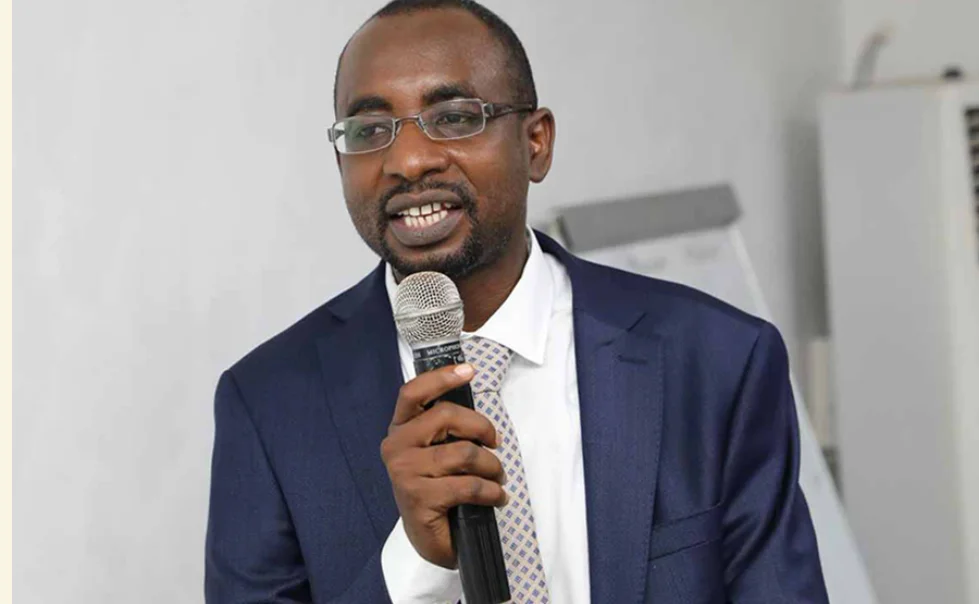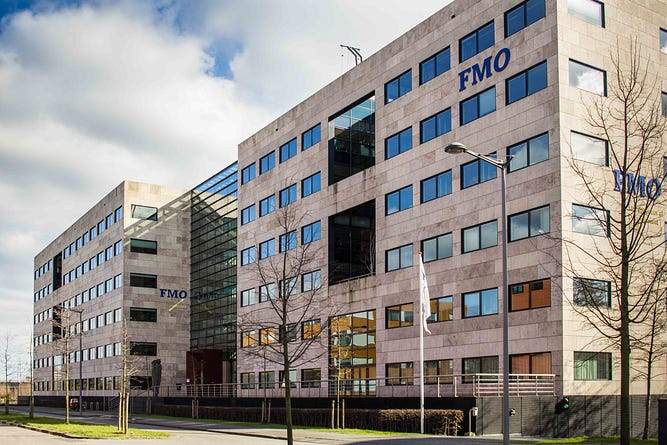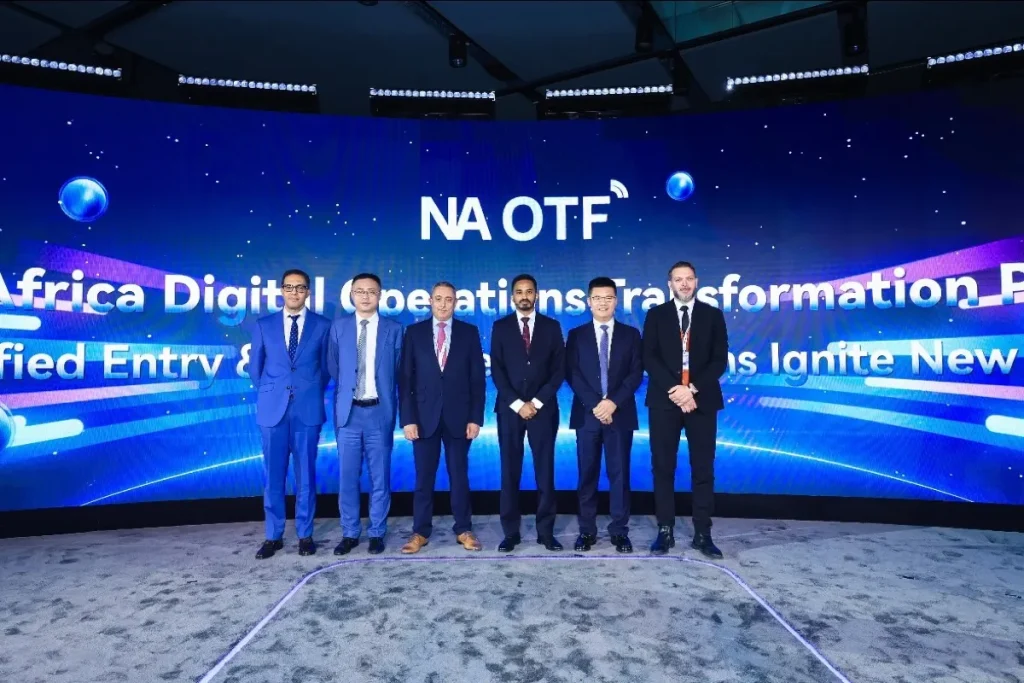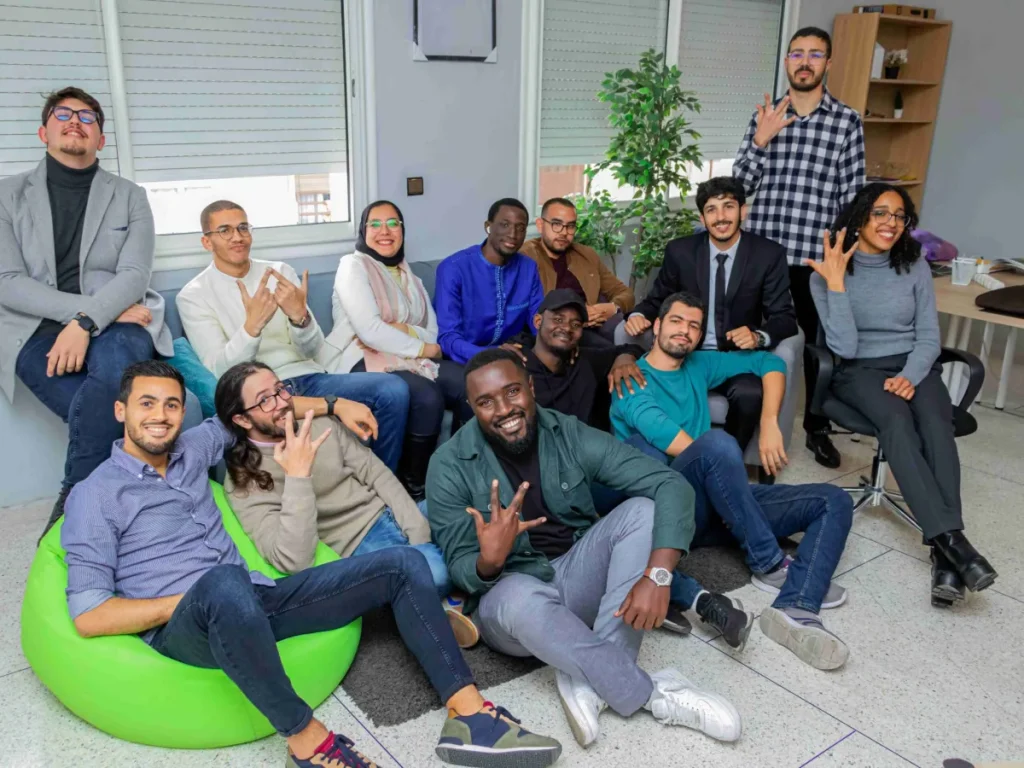Nigeria’s Push for Data Sovereignty
The Federal Government of Nigeria has announced plans to partner with Big Tech companies and hyperscalers to build hyperscale data centers in the country. According to Kashifu Inuwa Abdullahi, Director General of the National Information Technology Development Agency (NITDA), the move is part of a broader effort to secure Nigeria’s data sovereignty and reduce reliance on foreign-controlled infrastructure.
Speaking at the 3rd Biennial Corporate Governance and Enterprise Development Conference in Lagos, Abdullahi explained that hyperscale data centers will give Nigeria more control over data currently hosted abroad by global tech giants.
Cloud First Strategy and Hyperscaler Partnerships
Abdullahi revealed that NITDA is implementing a “Cloud First” strategy designed to:
- Attract hyperscalers such as Microsoft and other global players.
- Strengthen local infrastructure to support large-scale cloud operations.
- Develop local talent to manage and sustain these systems.
“We are working with Big Tech, the hyperscalers, and coming up with laws that will help us build hyperscale data center capability in Nigeria,” Abdullahi stated.
The government is also classifying data to determine which categories must remain within Nigeria and which can be hosted on public cloud platforms.
Nigeria’s AI Strategy and Local Innovation
In addition to data centers, Abdullahi highlighted the country’s progress in artificial intelligence (AI) governance and infrastructure. Key initiatives include:
- The National Artificial Intelligence Strategy.
- The Standard for AI Adoption.
- Testing of the Ethical Standard for Deploying AI.
- The forthcoming Online Harm Protection Bill to harmonize online and offline regulations.
Abdullahi emphasized that AI systems must reflect Nigeria’s culture and values to avoid decisions that ignore local realities. To address this, Nigeria is developing its own large language models and AI systems tailored to societal priorities.
Nigeria as Africa’s Data and AI Hub
With these initiatives, Nigeria aims to position itself as a leading hub for data centers and AI infrastructure in Africa. The government’s Cloud First strategy not only ensures data sovereignty but also boosts local capacity building and workforce development.
On AI governance, Abdullahi stressed that emerging technologies cannot rely solely on outdated laws. Instead, Nigeria is adopting a regulatory intelligence framework to guide AI adoption, emphasizing collaboration and practical use cases before implementing formal regulations.
Conclusion
Nigeria’s partnership with Big Tech firms to build hyperscale data centers represents a bold step toward digital independence, AI leadership, and economic growth. By combining local innovation with global collaboration, Nigeria is setting the stage to become Africa’s leading hub for cloud computing, artificial intelligence, and digital infrastructure.













